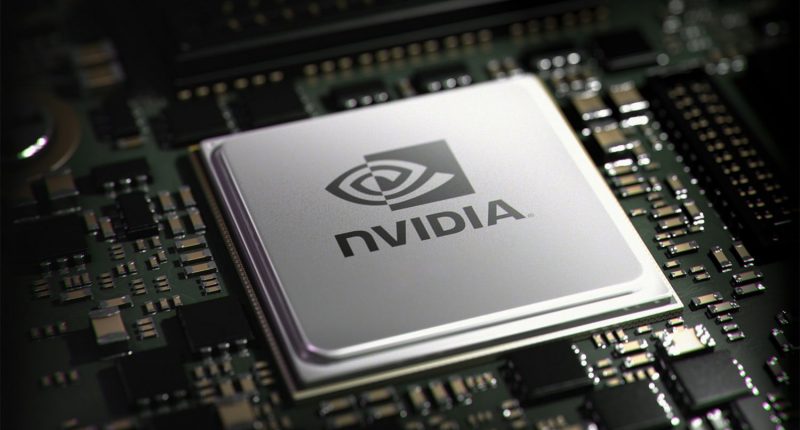Nvidia has made history by becoming the first company in the world to reach a $4 trillion market valuation. This record was set on July 9, when its stock rose by over 2.5% to around $164 per share. With this rise, Nvidia’s total value became higher than the value of Microsoft (~ $3.7 trillion) and Apple (~ $3.28 trillion), making it the most valuable publicly traded company globally. Importantly, this achievement comes just over two years after the Santa Clara-headquartered giant first crossed the $1 trillion mark in June 2023.
The company’s rapid growth is mainly driven by its key role in the artificial intelligence (AI) industry. The firm makes high-performance graphics processing units (GPUs), which are a crucial part of building and running AI systems. These chips are now widely used in many areas, including AI chatbots, big data centers, and powerful supercomputers. As the demand for AI continues to rise, Nvidia has become the top supplier of the hardware that powers this new technology.
Even financial results have also supported the company’s rise. In the first quarter (Q1) of its 2026 fiscal year, the Jensen Huang-led company reported revenue of $44.1 billion, a 69% increase compared to the same period last year. The company expects its revenue to exceed $45 billion in the current quarter, driven by strong global demand for AI and computing hardware. These numbers have given investors confidence that the company’s rising valuation is not just hype but is supported by strong real performance.
While Nvidia’s stock is currently trading at a forward price-to-earnings ratio of around 32 (which is slightly lower than its average over the past 3 years), Wall Street analysts remain positive about its future. Most of them have given the stock a ‘buy’ rating, with average target prices close to $175 per share. Even some experts believe the company could soon reach a $5 trillion market value, especially if the demand for AI tech continues to rise. In 2025 alone, the company’s share price increased by about 22% so far, and it now makes up more than 7% of the S&P 500 index.
The achievement becomes even more significant considering that Nvidia is currently facing some of the biggest challenges in its history. One of the main hurdles comes from the US government restrictions on the sale of advanced chips to China (a key international market for the company). Particularly, the company incurred a $4.5 billion charge in Q1 FY26 related to inventory for its H20 AI chip, which now requires a special export license to be sold in China. Additionally, the company lost $2.5 billion in potential sales during the same quarter due to these restrictions. It also expects the impact to continue in the next quarter, estimating potential losses of around $8 billion.
At the same time, DeepSeek (a Chinese AI startup) has become a serious challenge for the chipmaker. It launched powerful AI models at much lower prices, which hurt Nvidia’s market position and even led to a $600 billion drop in its market value in a single day in January 2025. Earlier in June 2024, the US Department of Justice (DOJ) launched an antitrust investigation into Nvidia’s dominance in the AI chip market. The probe is currently still in its investigatory phase.
The Tech Portal is published by Blue Box Media Private Limited. Our investors have no influence over our reporting. Read our full Ownership and Funding Disclosure →






